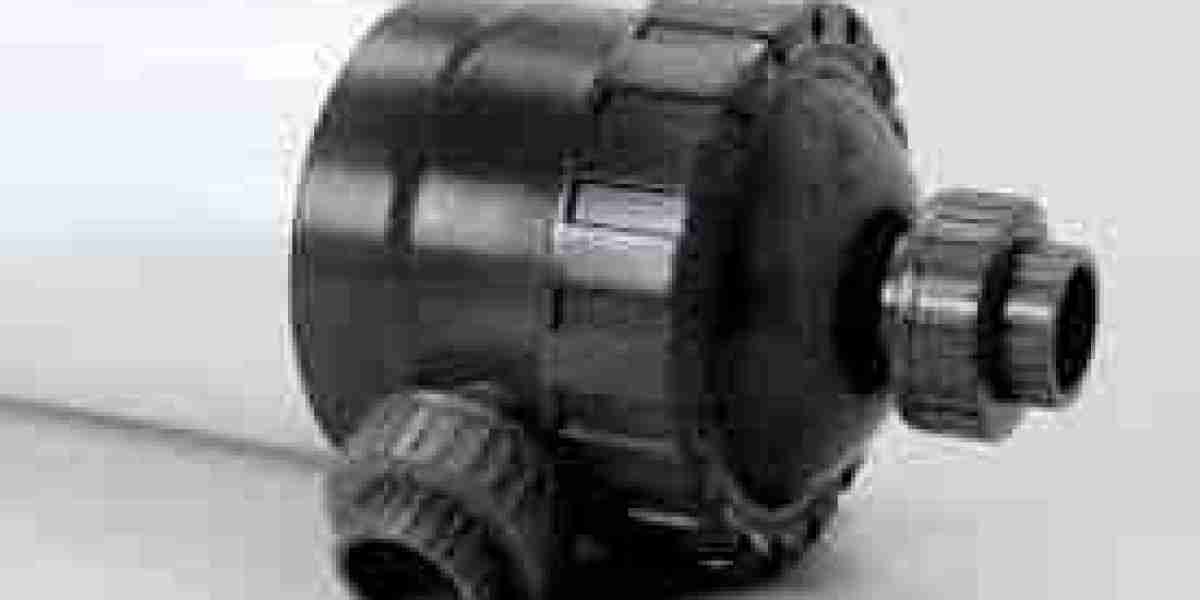The ultrafiltration membranes market is undergoing a strategic transformation, shifting from large-scale centralized installations to more decentralized and modular treatment systems. This transition is driven by a combination of factors, including rapid urban expansion, rising infrastructure costs, remote community needs, and increasing demand for scalable and efficient water purification technologies. Ultrafiltration (UF) membranes, known for their high efficiency, compactness, and flexibility, are emerging as the preferred technology for these decentralized systems.
Rise of Decentralized Water Treatment Systems
Centralized water treatment systems, though efficient for large urban populations, often fail to address the needs of small towns, rural communities, and peri-urban regions. The increasing population in remote and underserved areas, where infrastructure development is either delayed or economically unfeasible, is creating a strong demand for decentralized water treatment solutions.
Ultrafiltration membranes are ideal in this context because they offer consistent filtration performance without relying on complex operations. Their ability to treat various water sources — including surface water, groundwater, and wastewater — with minimal energy input makes them attractive for off-grid or semi-autonomous applications. These membranes are now being used in containerized water treatment units, point-of-use devices, and satellite water systems across different geographies.
Modularity Enhances Scalability and Adaptability
The modular nature of UF membrane systems allows for customized configurations and easy scalability, which is crucial in decentralized applications. Systems can be installed with limited capacity and expanded over time as population size or water demand increases. This is especially valuable in rapidly urbanizing or climate-sensitive regions where water supply conditions fluctuate.
Moreover, modular units simplify transport, installation, and maintenance. They can be deployed quickly, integrated into existing water infrastructure, or operated as standalone systems. Municipalities, NGOs, military operations, mining camps, and disaster-relief agencies are increasingly adopting these flexible configurations to ensure reliable water access under challenging conditions.
Cost Efficiency and Sustainability Drive Adoption
One of the major advantages of decentralized and modular ultrafiltration systems is cost efficiency. Building massive centralized plants requires high upfront capital and complex distribution networks. In contrast, modular UF systems can be deployed at lower initial costs and expanded gradually, reducing financial burden and project risk.
These systems are also environmentally sustainable, using less energy and chemicals while generating minimal waste. Their ability to recycle greywater and treat wastewater for reuse aligns with global sustainability goals. As nations aim to meet their climate and resource efficiency targets, the appeal of ultrafiltration membranes in decentralized setups continues to grow.
Technological Innovations Support the Shift
Advancements in membrane technology are reinforcing the decentralization trend. Today’s UF membranes are more durable, less prone to fouling, and capable of operating at higher flux rates. Additionally, integration with digital monitoring tools and automated control systems has made UF units smarter and easier to manage, even in remote or unmanned locations.
These technological developments reduce the need for skilled labor and manual intervention, making them more suitable for decentralized environments. Remote diagnostics, IoT-based analytics, and predictive maintenance ensure operational reliability, lowering lifecycle costs and improving system longevity.
Addressing Emergency and Disaster Scenarios
Natural disasters, such as floods, hurricanes, and earthquakes, often compromise central water systems. Decentralized ultrafiltration units offer a rapid response solution to ensure clean water supply during emergencies. Their plug-and-play design enables quick deployment in crisis zones, refugee camps, and humanitarian missions.
Such mobile and temporary setups have proven invaluable in recent emergencies, reinforcing the role of UF membranes in emergency preparedness strategies worldwide. Their performance in disaster-prone areas is encouraging governments and aid organizations to invest in pre-positioned decentralized systems.
Applications Across Diverse Sectors
Beyond municipal and emergency use, decentralized ultrafiltration systems are gaining traction in industrial, residential, and commercial sectors. Industries with isolated operations — such as oil and gas, food and beverage, and agriculture — require reliable, independent water treatment. UF membranes meet these requirements efficiently.
In residential complexes and high-rise buildings, modular UF systems are being integrated for community-scale water purification. Hotels, resorts, and hospitals are also adopting decentralized systems to ensure control over water quality and regulatory compliance, further broadening the market base.
Future Outlook
As decentralization becomes a global trend in water management, the ultrafiltration membranes market is poised for sustained growth. With flexible deployment models, enhanced membrane durability, and compatibility with smart control technologies, UF membranes are expected to dominate the landscape of decentralized treatment solutions.
Manufacturers are focusing on compact designs, energy-efficient modules, and plug-and-play capabilities to meet this demand. Strategic collaborations with government bodies, infrastructure developers, and NGOs will play a vital role in further penetrating underserved markets. As more countries prioritize decentralized infrastructure development, ultrafiltration membranes will remain a critical enabler of safe, accessible, and scalable water treatment solutions.
#UltrafiltrationMembranes #DecentralizedWaterTreatment #ModularWaterSystems #SmartWaterSolutions #WaterPurification #MembraneTechnology #SustainableInfrastructure #OffGridWaterSolutions #CleanWaterAccess #Urbanization #RemoteCommunities #DisasterResponseWater #ScalableWaterTreatment #EnvironmentalSustainability #NextGenWaterTech



